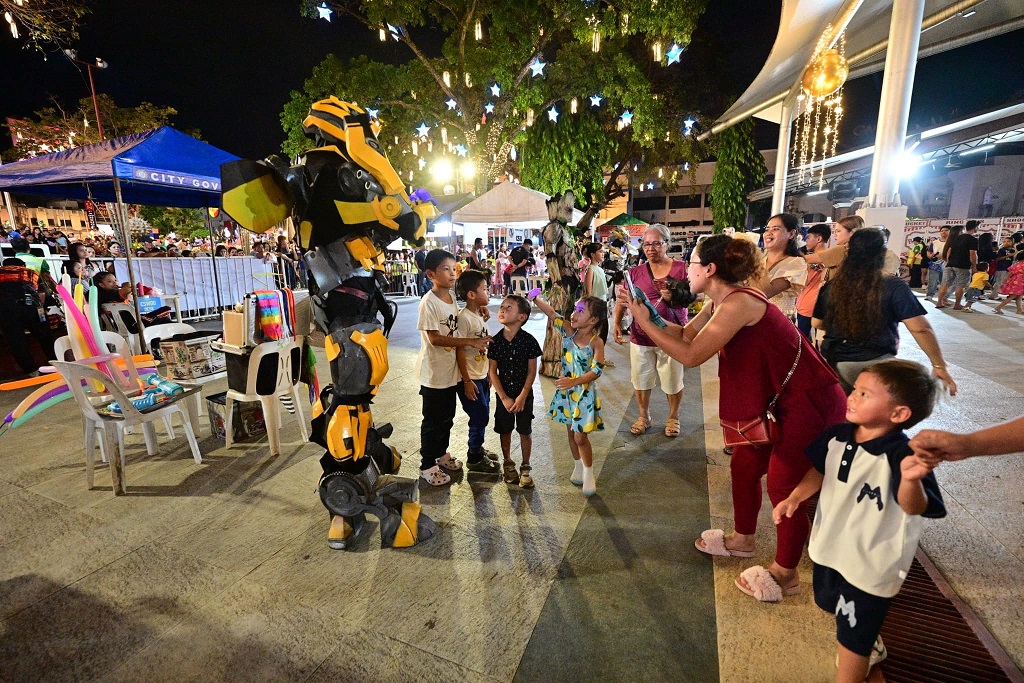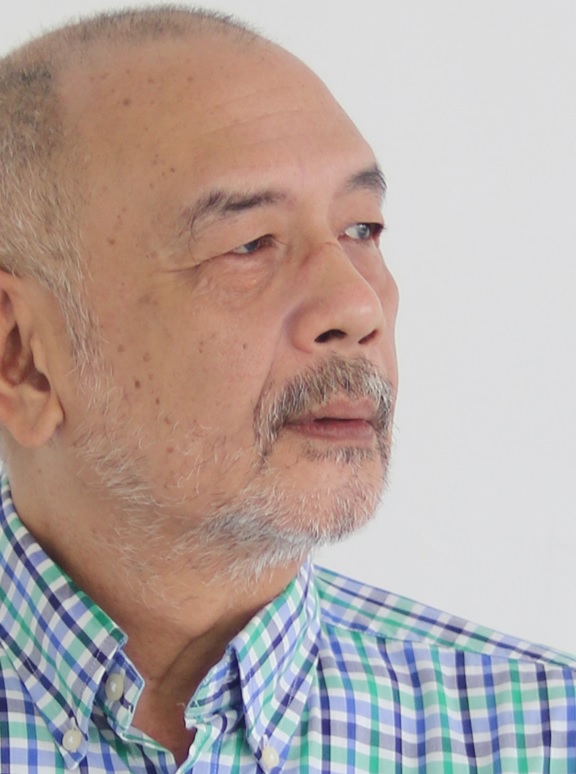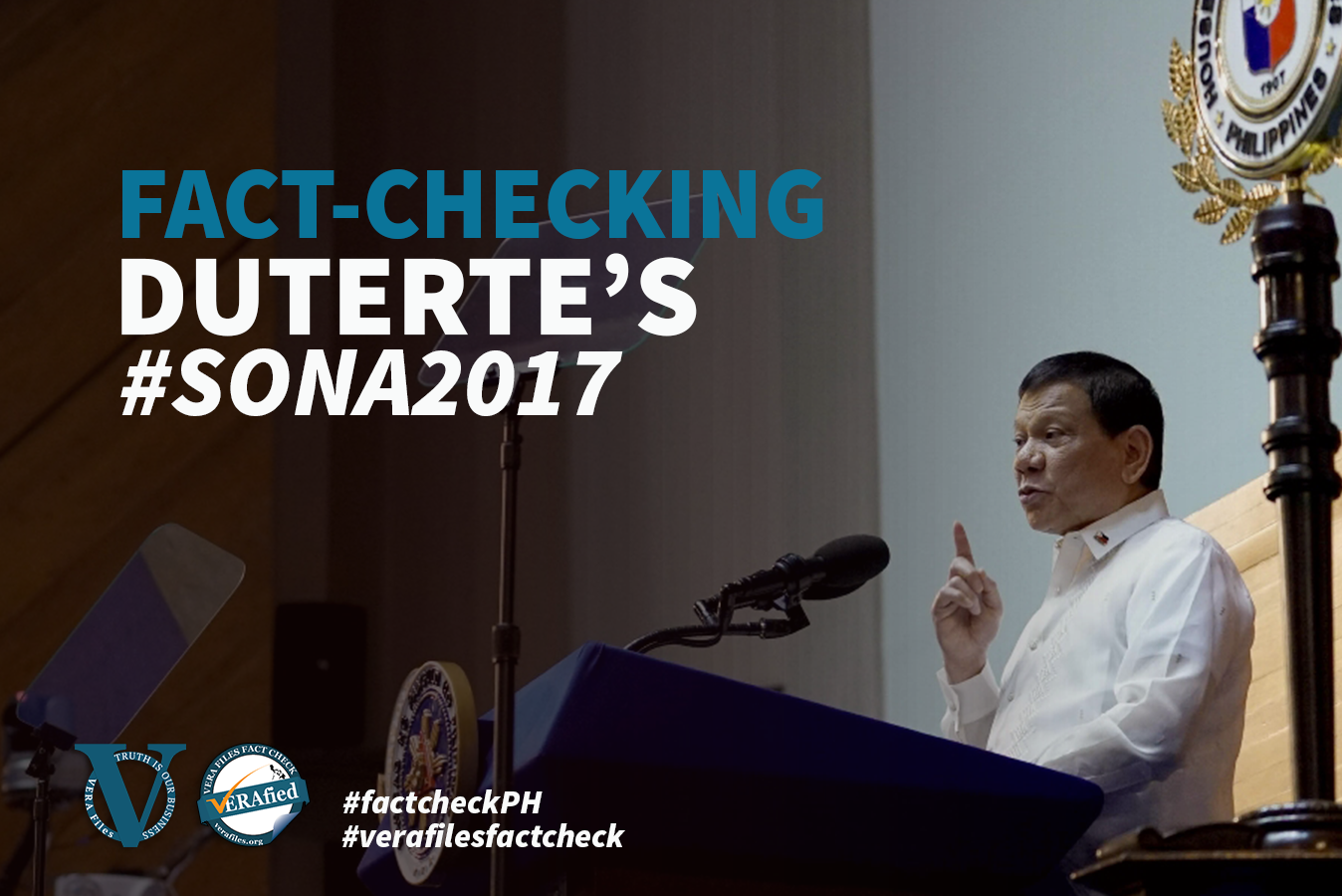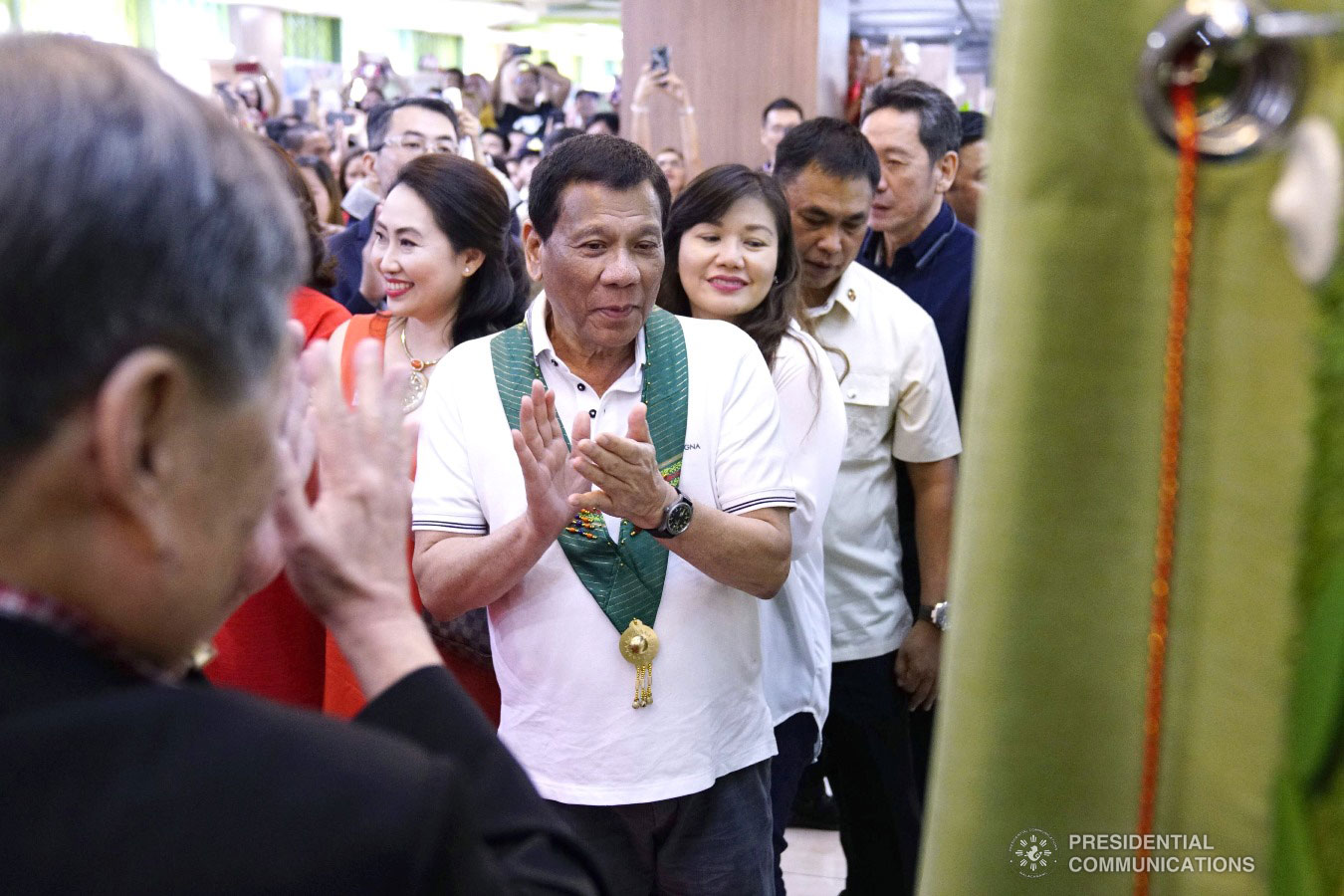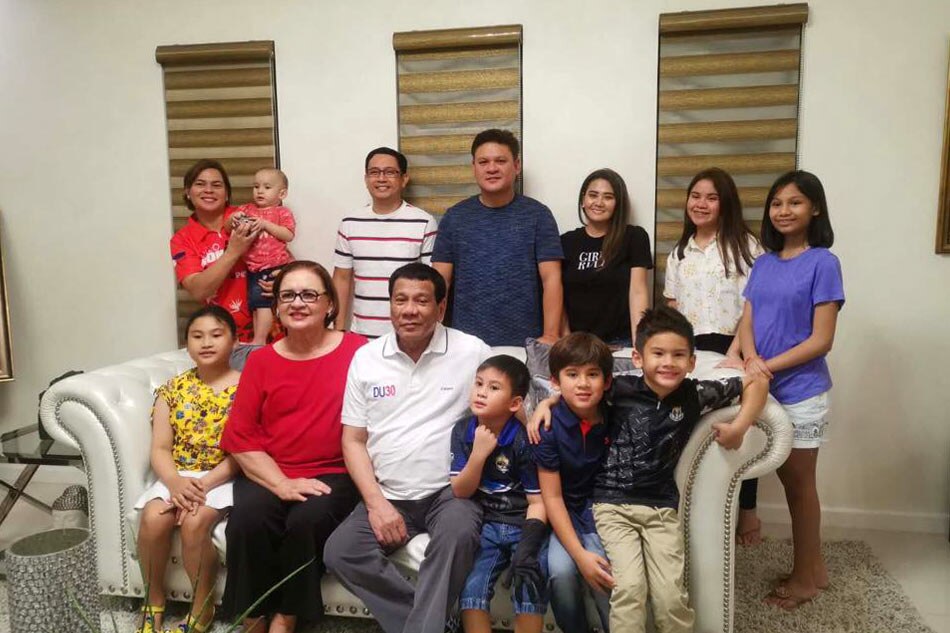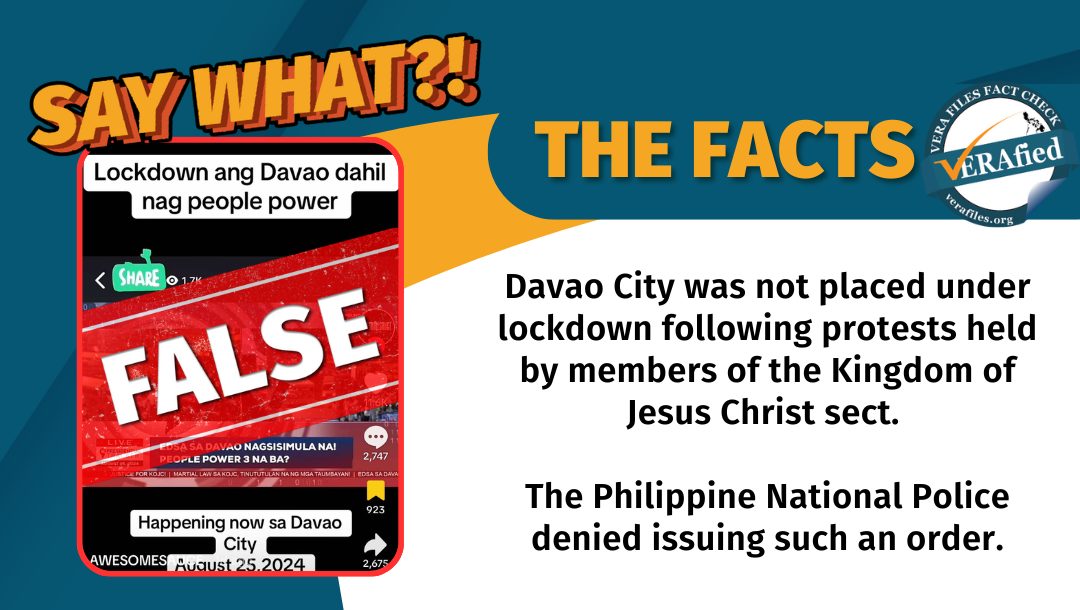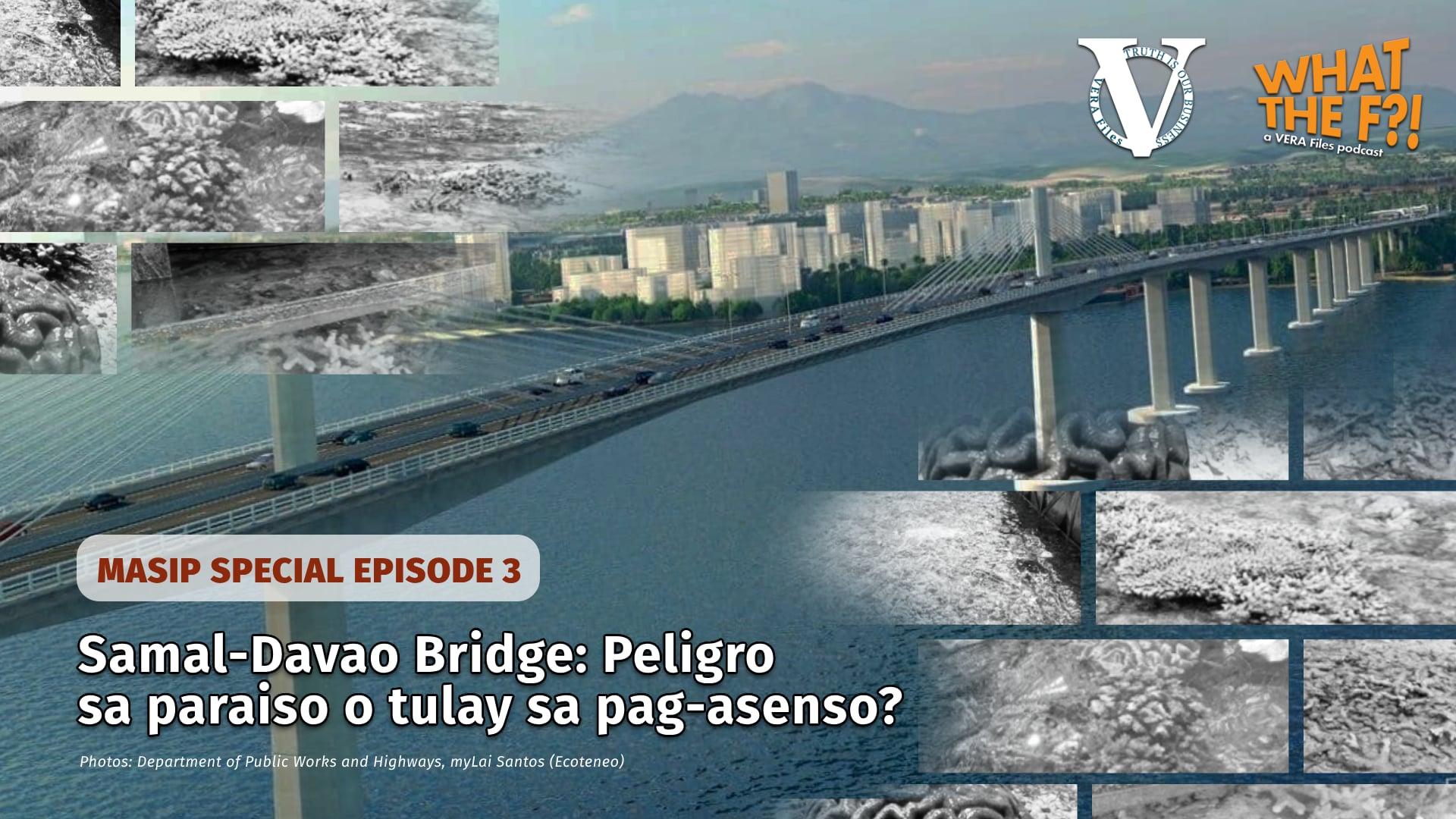SunStar Davao, that Duterte cheering squad of a newspaper, has again published the latest Numbeo poll on safest cities in the world.
With an unconcealed emotional excitement, writer David Ezra M. Francisquete began his herald: “Davao City has been named the third safest city in Southeast Asia for 2024, boasting a 72.5 safety index, according to the latest Numbeo Safety Index – a global database of user-contributed data on cities and countries. This recognition reflects the city’s consistent efforts to prioritize safety and security, earning it a reputation as a regional beacon of peace and order.”
Notice the last line. The same news was echoed as well by the city’s Mindanao Times.
What is the safest cities poll? There are actually several institutions that make a yearly poll on the safest cities index of the world. There is the Economist Impact that uses 76 sub-indicators across 5 pillars of personal safety, infrastructure, health, digital safety, and environmental security. Then there is the Mercer Quality of Living City Ranking. Its website is transparent, explaining how it calculates the quality of living index. It uses research as the basis of its rankings.
And then there is the World Economic Forum that measures city sustainability metrics based on the Paris climate agreements. Among other elements, it looks at infrastructure and built environment as interrelated to environmental security. Davao City has never figured in this prestigious list.
Numbeo is only one among many, and the only one that regularly includes Davao City. For 2024, its list of South-Eastern Asia Safety Index by City was topped by Chiang Mai, Thailand (76.5 score), which tied with Singapore at 76.5 (yet for strange reasons that Numbeo does not explain, it ranks Singapore as only the second). In third place was Davao, Philippines at 72.5.
There were other Philippine cities that made it to the top 16. Makati was 6th (61.3), Iloilo City was 8th (58.9), Cebu City was 11th (48.4), Manila was 16th (35.3). Notice in the link provided that Numbeo does not explain how the scores were tallied. No parameters were presented. Yet none of the news items in the aforementioned papers made any statement about that.
But here’s the interesting part – what exactly is Numbeo and how is it evaluated by world experts?
Numbeo is a crowd-sourced online platform based in Serbia. Mladen Adamovic, a former Google employee, founded it in 2009. The company earns money through advertisements and subscriptions. Subscribed users share data and compare information on such database as consumer prices, real property prices, and quality of life.
The crowd-sourced part is the most curious about Numbeo. Anyone accessing the website can insert or alter data. There is no peer review. The user-generated data is then combined to form the final calculated score. No metrics are involved and only company insiders know how the calculation is done.
In other words, Numbeo’s data can easily be manipulated by anonymous sources. In 2017, a Swedish man tested the vulnerability of Numbeo and succeeded. What he did was simple. He repeatedly submitted negative ratings about the city of Lund, Sweden. In less than a day, Lund emerged in the Numbeo Crime Index Rate as the most dangerous city in the world.
The Swedish man concluded: “Numbeo should hardly be considered stats, it’s more like reviews. Anyone, anywhere in the world can change the data, as many times as they want. Completely anonymously.” A painful reality then to those duped by Numbeo: its indexes can be easily faked.
Numbeo is nothing but dagdag-bawas.
With a battalion of troll operators associated with the Dutertes (some with digital addresses in Red China), it is fairly easy to make a city like Davao appear as the safest in the world. Sure, they can even make that the best in the solar system.
Is the crime index in Davao City so bad that it needs to be faked by Numbeo? Recall that it was the Philippine National Police itself who publicized data that from 2010 to 2015, Davao City ranked highest in the entire country for murder. Reader here’s the link to the PNP press release. Under that time period, the city’s mayors were Rodrigo and Sara Duterte.
In 2018, when the father was president and the daughter was city mayor, Davao City recorded as the highest in the country for rape. Again, the source of the data was the Philippine National Police.
It was discovered in 2023 by police general Nicolas Torre III that the blotters in the city’s police stations have been manipulated to make it appear that Davao City has a low crime rate.
Is the false portrait of Davao City part of Dutertismo? It is a valid question because there is no doubt that a veneer of peace and order justifies the extrajudicial killings by police, as it had existed under Rodrigo, Sara and Baste Duterte’s mayorships. On the news of Numbeo, commenters were almost one in saying: salamat Rodrigo Duterte.
Is the Numbeo manipulated database timed to prop up the candidacy for mayor of the former president?
And so hence, what should a local media do when reporting about Numbeo’s Davao City landing in third place? It can certainly report, but it must temper it necessarily with what Numbeo is and how its crowd sourcing works. It goes without saying that mass media like community newspapers have the capacity to enable its audience to make rational decisions.
Any media practitioner knows this – there are ethical principles and standards of mass media. A newspaper that gets deceived by Numbeo’s fake index and publishes it without critical thinking is a newspaper that manipulates news to its reading public.
It is to Davao City’s public interest that the truth about Numbeo must be told. Anything less than that is low-life propaganda.
The views in this column are those of the author and do not necessarily reflect the views of VERA Files.
